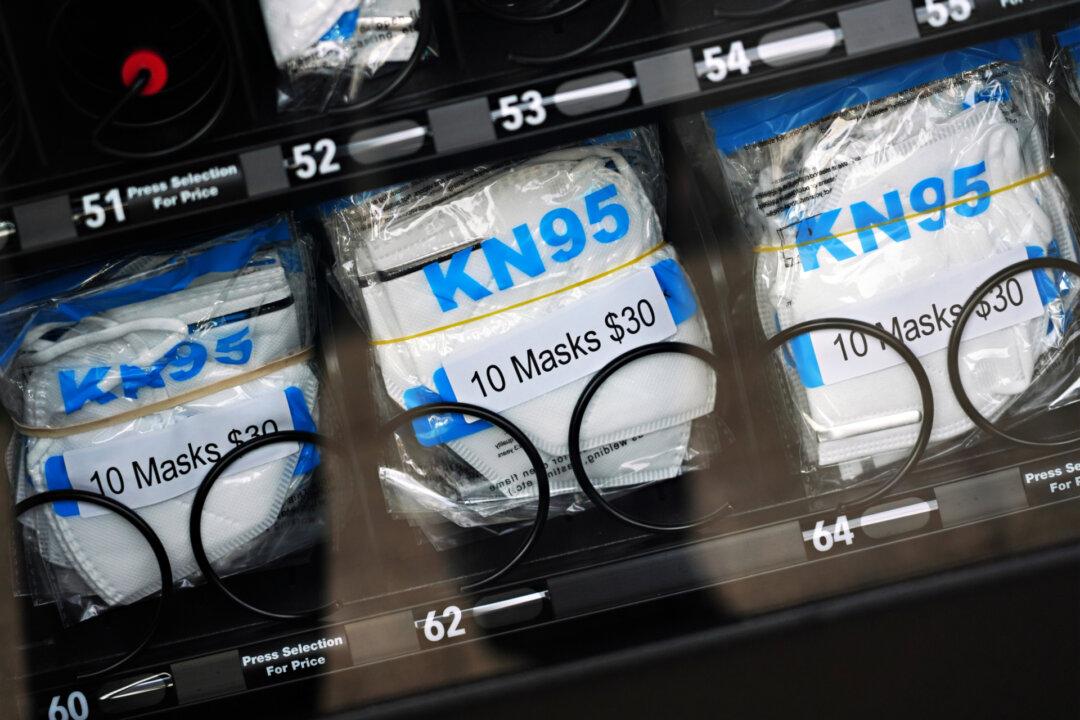North Dakota’s House of Representatives voted to pass a bill on Feb. 22 that will forbid future mask mandates in the state with a 50-44 vote, advancing the bill to the Senate.
Rep. Jeff Hoverson of Minot sponsored House Bill 1323 (pdf), which states, “A state or local elected official, the state, or a political subdivision of the state may not mandate an individual in this state [to] use a face mask, face shield, or other face covering.”






